Cost-effective biochar production methods are being tested worldwide to make it more accessible to farmers. These methods also generate valuable by-products such as syngas, bio-oil, and wood vinegar. Universities and organizations are educating the younger generation on the benefits of biochar, particularly its role in reducing the carbon footprint by storing carbon back in the soil.
Sustainable Development
Scalability and Sustainability
FORCHAR, established in July 2021, is on a mission to revolutionize production and consumption systems through sustainable development. With a focus on emerging opportunities in the agriculture and energy sectors, the company integrates innovative solutions and technology to promote environmental stewardship, resource conservation and new sustainable production methods. FORCHAR’s approach is rooted in collaboration, working closely with customers, suppliers, funders, and the community to drive positive change. Guided by a commitment to sustainability and social responsibility, the company aims to set a new standard for success, creating lasting value for both the planet and future generations.
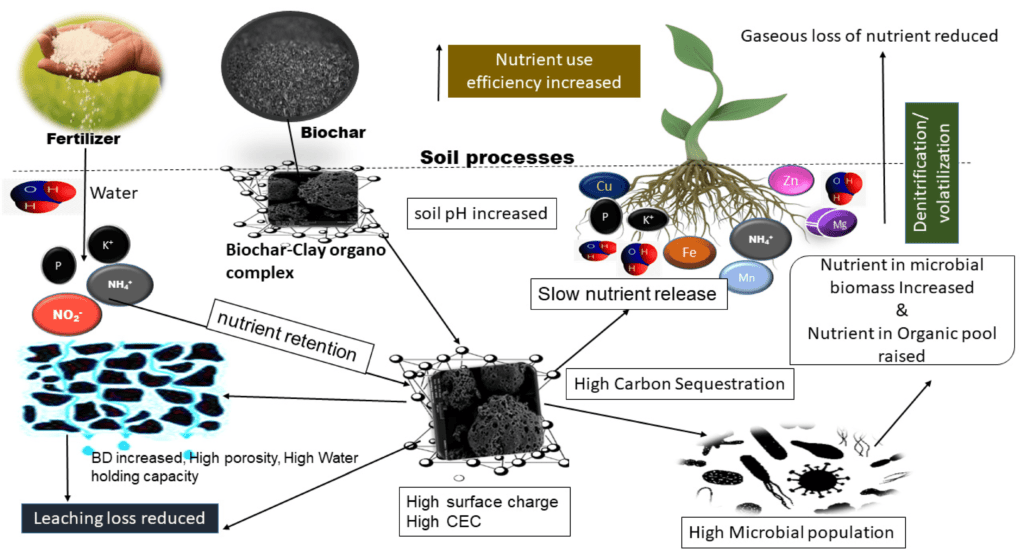
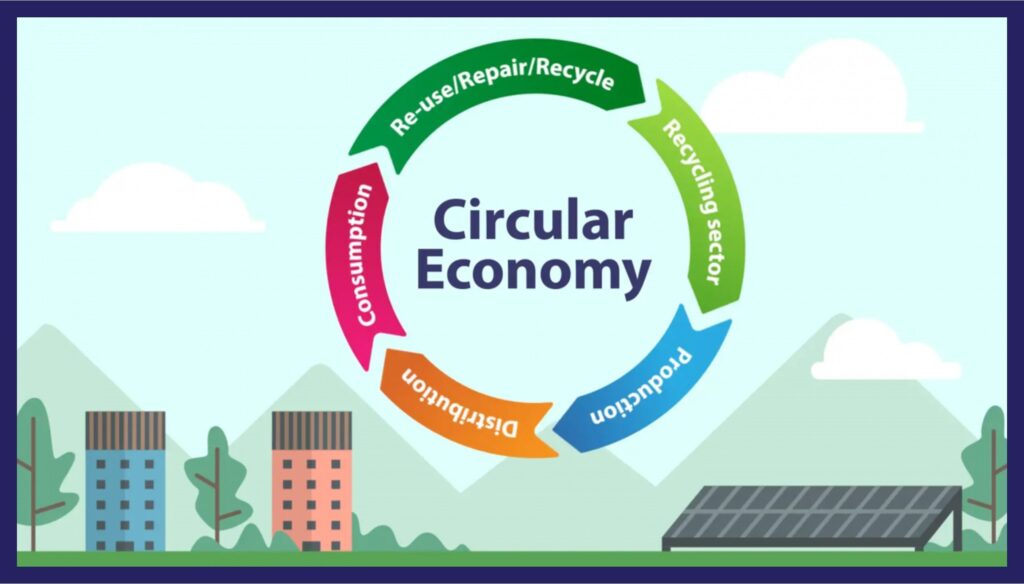
Biochar mimics nature by sequestering carbon underground, similar to the fertile Terra Preta soils in the Amazon. Using a pyrolysis system, biomass is transformed into Biochar rapidly, bypassing the slow natural decomposition process. This sustainable and economical method contributes to a Circular Economy, improving soil fertility and benefiting human, animal, and environmental health.
Exploring the Magic of Carbon-Rich Earth
Biochar and Circular Economy
Biochar is a remarkable technology offering numerous environmental benefits. It supports natural processes by enhancing carbon sequestration and ecosystem health. Trees absorb CO2 and release oxygen through photosynthesis, storing carbon in their structure. However, when wood is burned or decomposes, stored carbon is released as greenhouse gases.
Environmental Impact and Benefits
Establishing waste-to-energy co-generation plants around the world will boost the local economy by creating jobs and advancing environmental sustainability. Biochar serves as a cleaner fuel alternative, reducing reliance on wood burning, which contributes to deforestation and ecosystem destruction specifically in underdeveloped countries. The pyrolysis process not only generates Biochar but also valuable byproducts like ash, heat, syngas, and wood vinegar, which have commercial uses, including road construction and greenhouse gas reduction. These initiatives aim to drive economic growth while preserving a country, a community’s natural beauty, cultural heritage, and promoting improved sanitation.
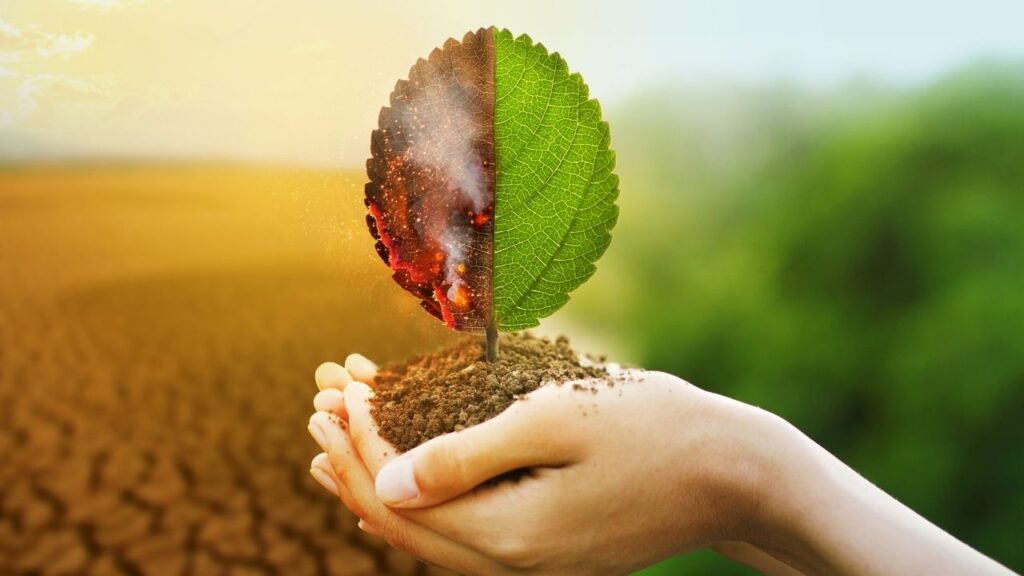
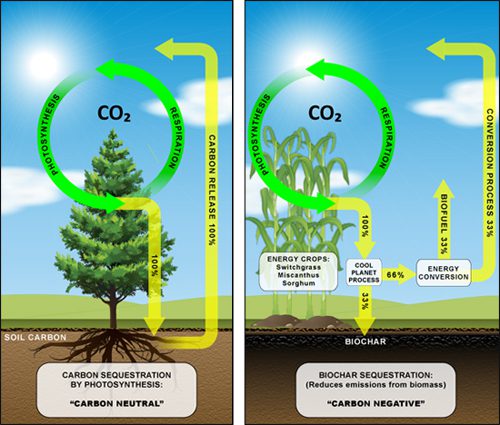
Reducing Carbon Footprints
Climate Change
The Paris Agreement goal of achieving carbon neutrality by 2050, requires urgent action. FORCHAR offers solutions designed to meet these targets effectively. Human-generated CO₂ emissions have reached critical levels, threatening the future of humanity. Fortunately, consumer activism in recent decades has driven a shift toward biological and environmental change. This movement forced the industries to standardize organic and environmental practices, influencing both the agricultural and energy markets. Financial incentives from governments around the world and societal pressures have accelerated the adoption of organic farming and clean energy, highlighting the growing commitment to sustainable development and the fight against climate change.

From Ancient Soil to Modern Solutions. Unearthing Centuries-old Soil Secrets
Hope for the Future
This is no easy task, but it is worth attempting. As summarised by scientist James Lovelock, author of ‘The Gaia Theory’, ‘There is an outside chance that one procedure could turn back the clock on Global warming, and that is burying carbon. All you have to do is get every farmer everywhere to make a profit by turning all his agricultural waste into char and burying it.’ From Conquistadors to soil scientists, the evolution of terra preta into Biochar is a bizarre and intriguing story.


Progress has been slow and sporadic, yet research from the past decade hints at what could be a fascinating future. A new adventure is beginning. Orellana’s men never did bring home the precious metals of the hot regions, but their discovery of the rich and fertile soil might prove a more significant gift: a means of slowing the course of global warming and better providing for the world population’s nutritional needs. Besides, it would be an amazing historical irony if the destroyed ‘savage’ civilization saved the advanced one that caused its downfall.
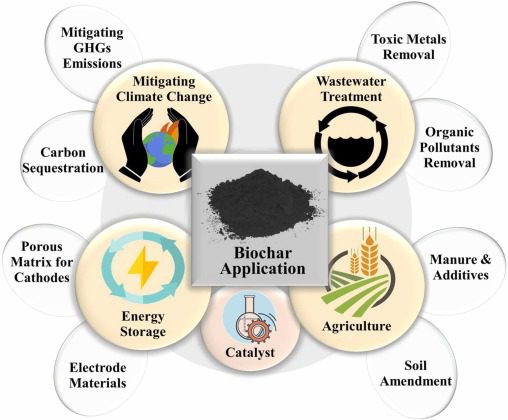
Educating Communities
Economic and Educational Initiatives



